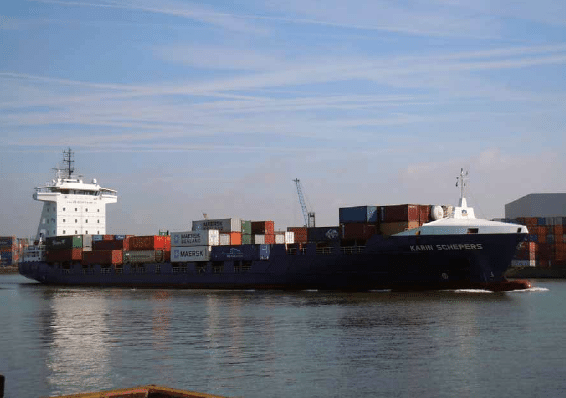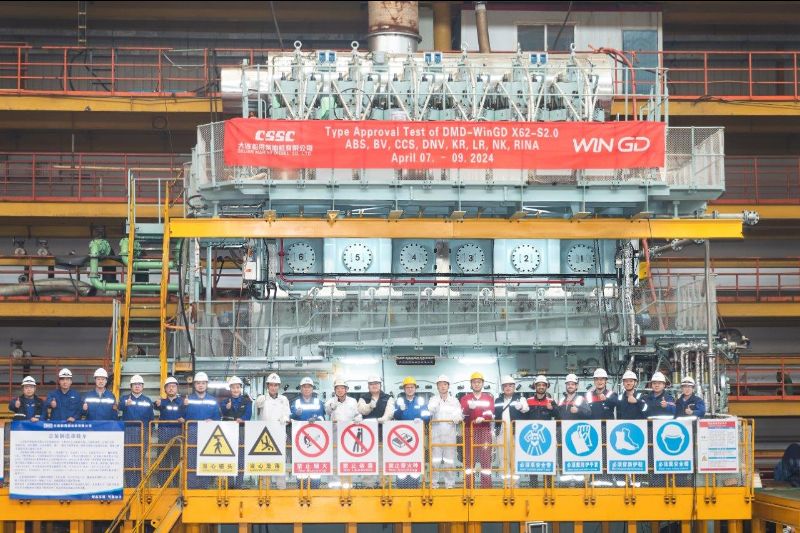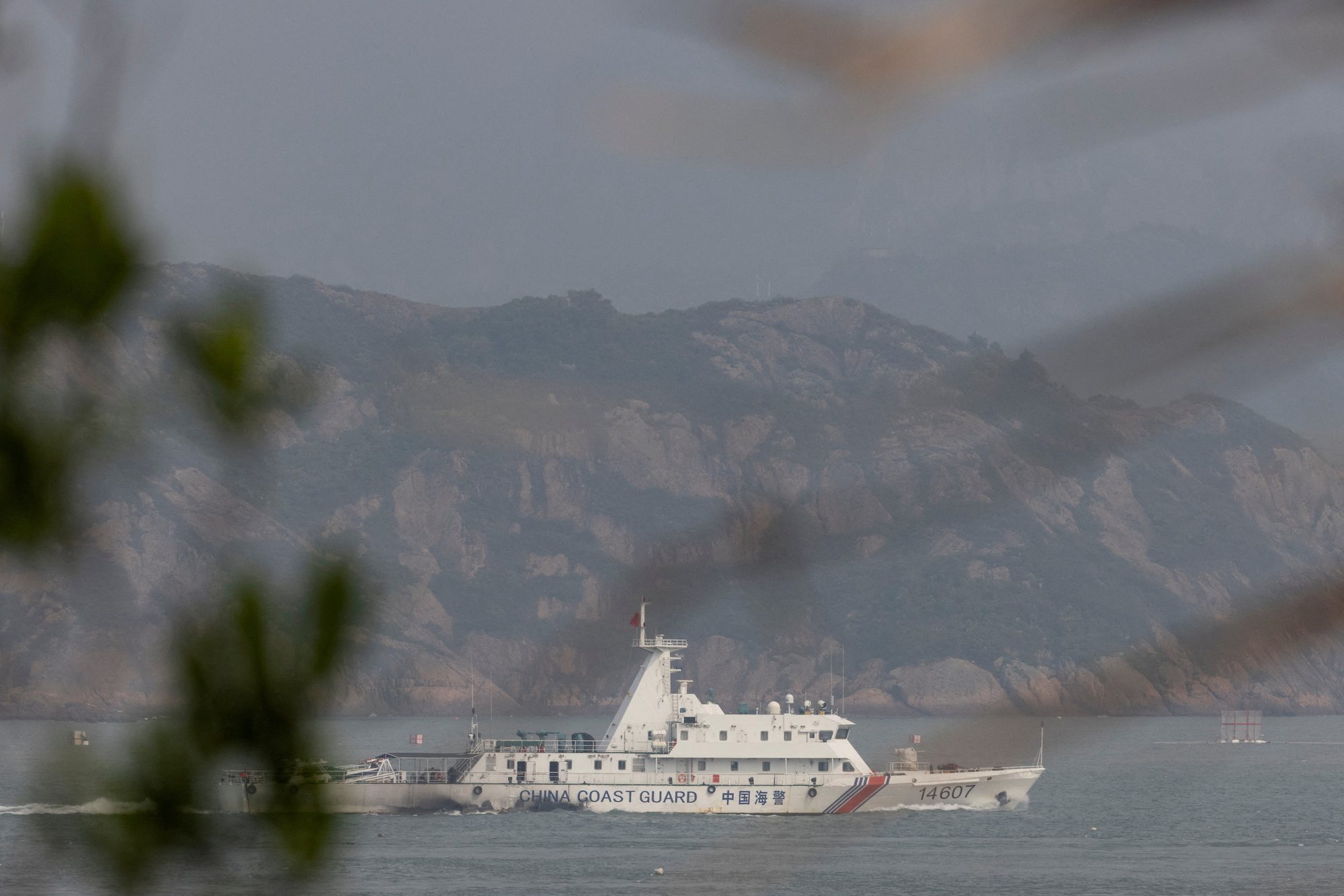
Sleeping Drunk Master Blamed in 2011 ‘Karin Schepers’ Grounding
A drunken master that had fallen asleep in the bridge is to blame for the August 2011 grounding of the Karin Schepers along the UK’s Cornish coast, according to an investigation by the Marine Accident Investigation Branch.
The Karin Schepers, an Antigua-flagged 800 teu box ship with 13 crew on board, ran aground at approximately 0536 on August 3, 2011 while in transit from Cork, Ireland to Rotterdam, Netherlands.
According to the final report, the master handed over the watch of the Karin Schepers at approximately midnight to the second officer. Over the course of the next few hours, the master returned to the bridge in regular intervals, each time showing more and more and signs of intoxication until he eventually ordered the second officer from the bridge. Shortly thereafter and alone on the bridge, the master eventually fell asleep.
The investigation revealed that the master had been asleep with no proper lookout for nearly two hours prior to grounding close to Pendeen Lighthouse, West Cornwall, England.
When Karin Schepers was just 2 miles from land, the coastguard at Falmouth Maritime Rescue Co-ordination Centre was alerted to its location and attempted, unsuccessfully, to contact the vessel. By the time the vessel grounded, lifeboats, a SAR helicopter and a cliff rescue team were already ready and waiting. After numorous calls once aground, the master eventually responded to the coastguard and advised them that the crew were all safe and that the vessel would be refloated by de-ballasting.
Fortunately damage to the vessel was minimal and no one was injured, which is quite miraculous considering she blindly crossed the busy Land’s End Traffic Separation Scheme. After 50 minutes aground Karin Schepers refloated with the high tide and resumed passage under her own power.
The MAIB says that the grounding could have been avoided had additional safety barriers been in place, namely a proper lookout and had the bridge navigational watch alarm system been switched on.

Subscribe for Daily Maritime Insights
Sign up for gCaptain’s newsletter and never miss an update
— trusted by our 109,174 members

Get The Industry’s Go-To News
Subscribe to gCaptain Daily and stay informed with the latest global maritime and offshore news

 Join The Club
Join The Club








